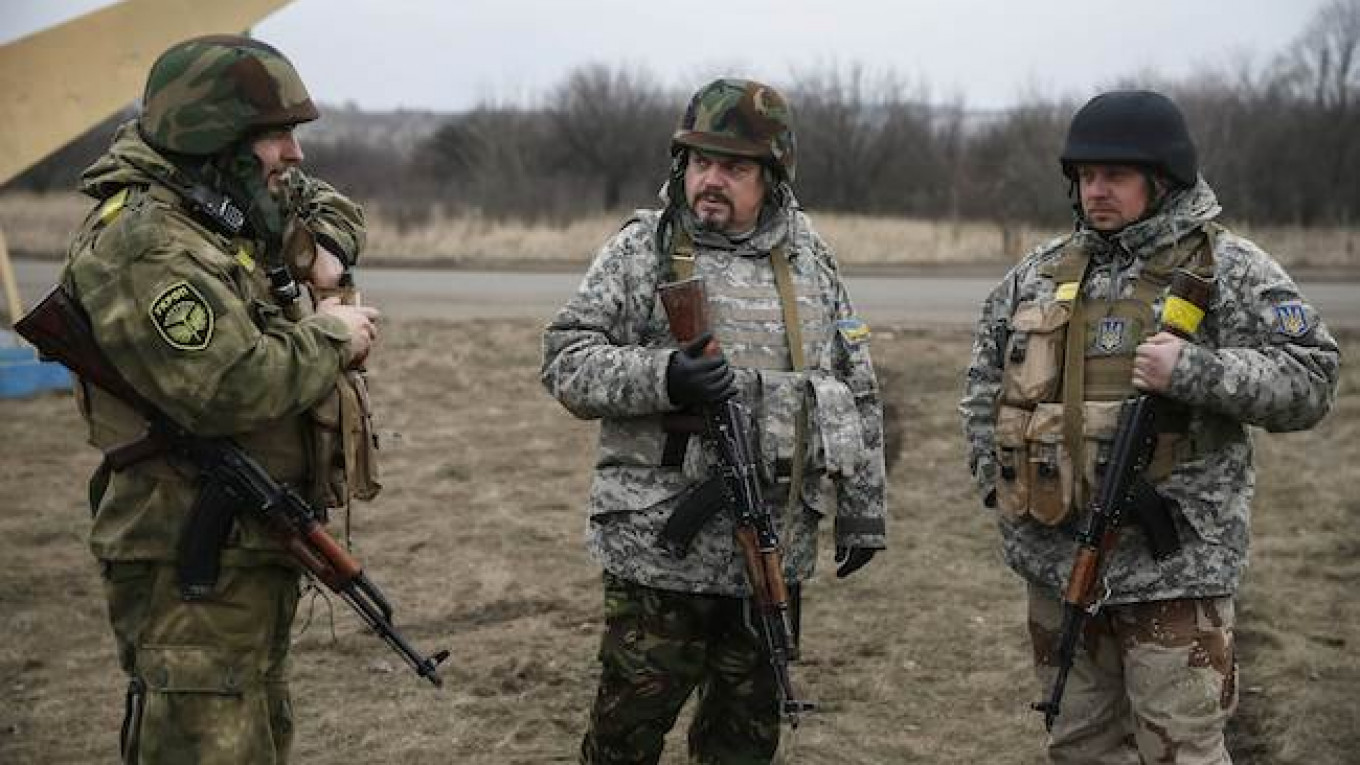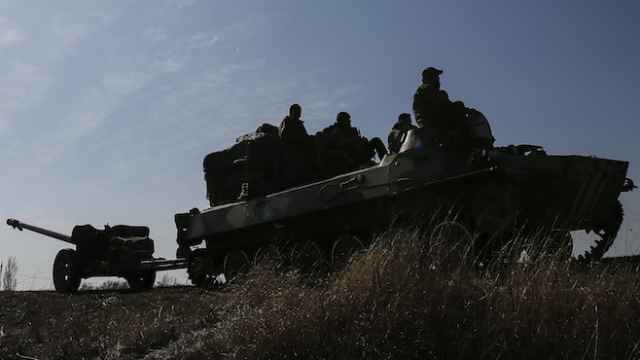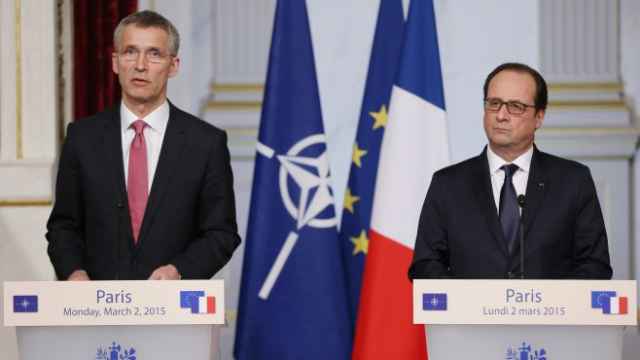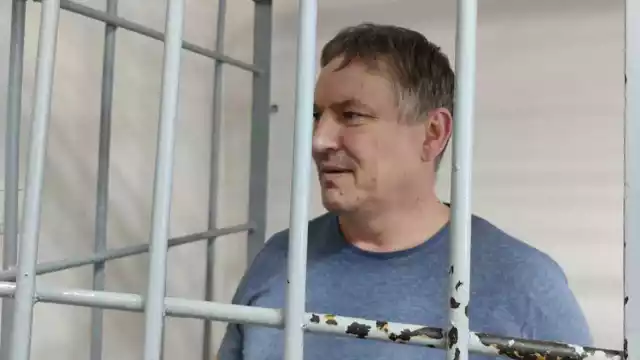Steps to bolster a fragile cease-fire in eastern Ukraine gathered momentum on Friday as support within the European Union for more economic sanctions on Russia appeared to wane.
Russia and Ukraine have agreed to double the number of cease-fire monitors from the Organization for Security and Co-operation in Europe (OSCE) to 1,000 from 500, German Foreign Minister Frank-Walter Steinmeier said.
EU foreign policy chief Federica Mogherini, who chaired an EU foreign ministers meeting in Riga, said the cease-fire was "not perfect" but it was improving. "We need ... to strengthen the OSCE mission that is on the ground now," she said.
She said the EU could not ease sanctions now and French Foreign Minister Laurent Fabius said the situation would have to improve sharply before there would be pressure to loosen them.
At the same time, Fabius opposed any tightening at the moment. "It would be paradoxical at the very time that Minsk is being applied to reinforce the sanctions now," he said.
The EU has joined the United States in imposing sanctions on Russia but found it increasingly difficult to agree on tougher measures as many member states rely heavily on Russia for energy.
The truce has eased pressure for new sanctions, but the EU must decide soon whether to extend current economic curbs on Russia that expire in July.
Lithuanian Foreign Minister Linas Linkevicius, an EU hawk on Russia, said extending sanctions to the end of the year was "the least we can do".
"Everyone is for unity but you know unity to do nothing is not for me. I don't like it. So we have to be united on doing something," he told reporters.
Danish Foreign Minister Martin Lidegaard said sanctions may be eased if Russia stuck to the cease-fire, while his Dutch counterpart Bert Koenders saw no reason to relax them.
While violence continues in eastern Ukraine despite the cease-fire, OSCE head Lamberto Zannier said the level of hostilities had fallen and some heavy arms had been removed.
"My assessment is that the cease-fire is, all in all, holding, but there are violations," Zannier said, adding that violations were mainly small arms fire.
Russia denies accusations by Ukraine and Western governments that it has been sending troops and weapons to support separatists.
Britain's Foreign Secretary Philip Hammond said in Warsaw the EU would prepare possible new sanctions on Russia that could be imposed quickly if the Minsk deal was broken.
A Message from The Moscow Times:
Dear readers,
We are facing unprecedented challenges. Russia's Prosecutor General's Office has designated The Moscow Times as an "undesirable" organization, criminalizing our work and putting our staff at risk of prosecution. This follows our earlier unjust labeling as a "foreign agent."
These actions are direct attempts to silence independent journalism in Russia. The authorities claim our work "discredits the decisions of the Russian leadership." We see things differently: we strive to provide accurate, unbiased reporting on Russia.
We, the journalists of The Moscow Times, refuse to be silenced. But to continue our work, we need your help.
Your support, no matter how small, makes a world of difference. If you can, please support us monthly starting from just $2. It's quick to set up, and every contribution makes a significant impact.
By supporting The Moscow Times, you're defending open, independent journalism in the face of repression. Thank you for standing with us.
Remind me later.






